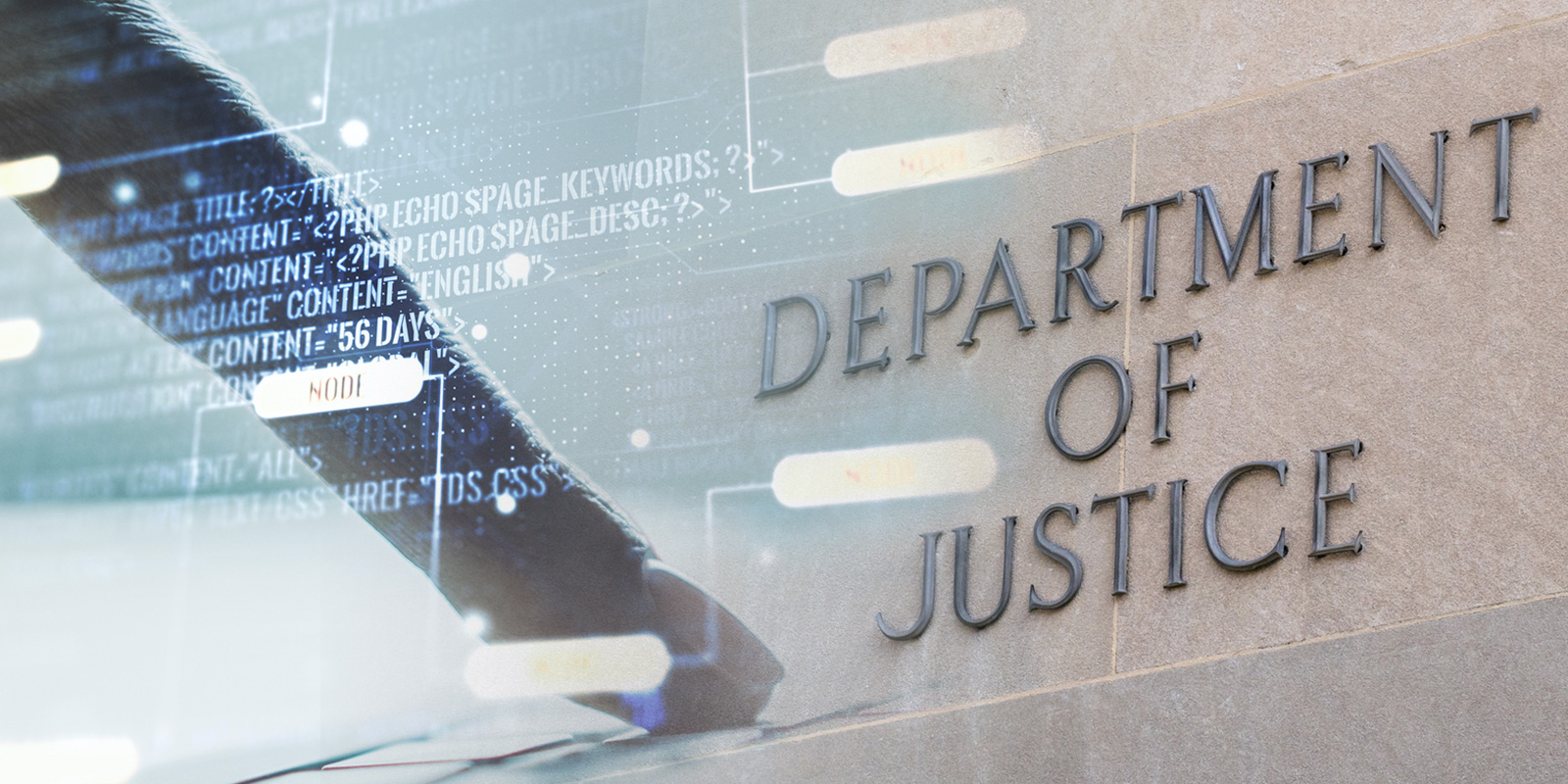
DOJ Criminal Division Offers Non-Prosecution Agreements to Individuals Who Voluntarily Report Corporate Wrongdoing
In Short
The Development: On April 15, 2024, the Department of Justice ("DOJ") Criminal Division announced a pilot program that will offer mandatory non-prosecution agreements ("NPAs") to individuals who provide original and actionable information about criminal conduct involving corporations and meet other stringent requirements.
The Result: The program reaffirms DOJ's "carrot and stick" approach to encouraging wrongdoers to self-disclose criminal misconduct and cooperate with DOJ's efforts to hold corporations accountable.
Looking Ahead: The pilot program, combined with the upcoming Criminal Division whistleblower financial incentive program, is another step in DOJ's mission to incentivize voluntary self-disclosure by companies and individuals.
Overview
On April 15, 2024, the DOJ Criminal Division announced a "Pilot Program on Voluntary Self-Disclosures for Individuals," providing guidance in which Criminal Division prosecutors will offer mandatory NPAs to individuals who provide original and actionable information about certain types of corporate criminal conduct, fully cooperate with the Criminal Division, and pay any applicable compensation, restitution, forfeiture, or disgorgement. The pilot program is designed to provide transparency regarding Criminal Division NPA decisions, to incentivize individuals to provide original and actionable information to help the Criminal Division "investigate and prosecute criminal conduct that might otherwise go undetected or be impossible to prove," and to incentivize companies to "create compliance programs that encourage robust internal reporting of complaints, that help prevent, detect, and remediate misconduct before it begins or expands, and that allow companies to report misconduct when it occurs."
The pilot program was released nearly six weeks after DOJ announced that the Criminal Division will soon launch a separate pilot program that will financially reward corporate whistleblowers who discover and report misconduct by others. Under the upcoming program, individuals who help DOJ discover significant corporate or financial misconduct could qualify to receive a portion of the resulting civil or criminal forfeiture. Unlike the pilot program, the whistleblower reward program applies only to those not involved in any wrongdoing.
Program Requirements
To qualify for an NPA, individuals must meet several stringent criteria:
- Subject Matter. The offenses reported must relate to violations by financial institutions involving money laundering or fraud against financial regulators, violations of the integrity of financial markets, violations related to foreign corruption and bribery, health care fraud, illegal health care kickbacks, procurement fraud, or domestic public corruption.
- Original Information. Individuals must provide nonpublic information not previously known to the Criminal Division or to any component of DOJ to the Criminal Division via email on or after April 15, 2024.
- Voluntary Disclosure. Disclosure must be made in the absence of any government investigation, threat of imminent disclosure, or preexisting reporting requirement.
- Complete and Truthful Disclosure. Disclosure must include any and all misconduct the individual participated in or for which the individual is aware.
- Full Cooperation and Substantial Assistance. The individual must provide substantial assistance to the Criminal Division in the investigation or prosecution of an equally or more culpable individual or entity.
- Forfeiture, Disgorgement, and Restitution. The individual must forfeit or disgorge any profit from misconduct and pay restitution to victims.
Qualifying individuals cannot have engaged in acts of violence, sex offenses, fraud, or terrorism or have been convicted of a felony or a crime of dishonesty. The pilot program also is not available to chief executive officers or chief financial officers (or their equivalents), organizers/leaders of the scheme, or elected government officials, although the Criminal Division retains the discretion to offer NPAs to individuals who self-report pursuant to the pilot program but do not fully satisfy all the criteria, in accordance with the DOJ's Justice Manual and Criminal Division procedures.
Three Key Takeaways
- The Criminal Division's pilot program, combined with the Criminal Division's upcoming whistleblower reward pilot program, reinforces DOJ's commitment to aggressively pursuing white-collar crime, including through the use of voluntary self-disclosure policies.
- These programs will ramp up incentives for individuals to disclose potential corporate misconduct leading to a greater likelihood that DOJ may learn of misconduct through other sources.
- Companies should take steps to ensure their internal reporting and investigation processes for addressing potential criminal issues help the company make prompt and informed determinations as to whether self-disclosure may be warranted in particular circumstances, among other important considerations.








